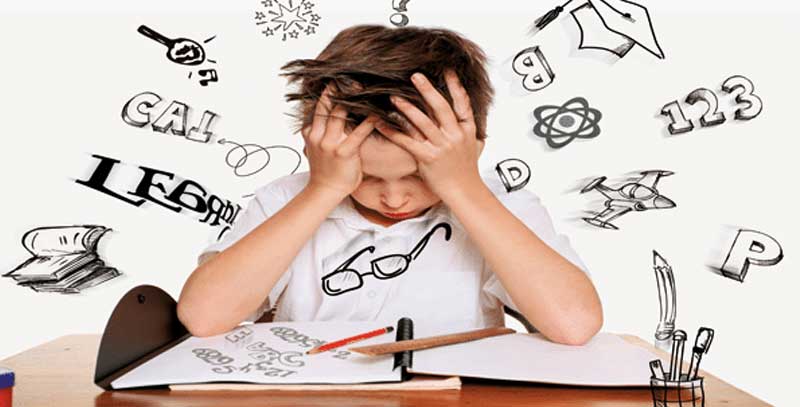
Learning deficit
Types of learning deficit
Learning deficits can occur in different ways and may include specific difficulties in reading (dyslexia), writing (dysgraphia), or mathematics (dyscalculia). Furthermore , children may experience general learning difficulties that affect their overall academic performance.
Common signs and symptoms
Learning deficits can present as challenges in many areas such as -
- Reading comprehension
- Spelling
- Writing
- Math
- Calculations
- Problem-solving
- Memory
- Attention
- Organization
Children may struggle to keep up with their peers, show slow progress in academic tasks, have difficulty following instructions, exhibit poor concentration, and experience frustration or low self-esteem related to their learning difficulties.
Early intervention
early identification is very essential for children with learning deficits. With specially targeted interventions, children can make noteworthy progress. As the child progresses in his/her educational journey it is important to address any challenge that may arise by constant monitoring and ongoing support.
Emotional and social support
Due to the difficulties in their academic settings, children with learning deficits may experience emotional and social challenges. It is very essential and beneficial to provide them with emotional support, fostering a positive and inclusive classroom environment, and promoting social skills development which can contribute to their success and well being.
As each child's learning deficits are unique it is recommended to consult with professionals who can provide a comprehensive evaluation and develop personalized strategies and interventions to support children with learning deficits.
